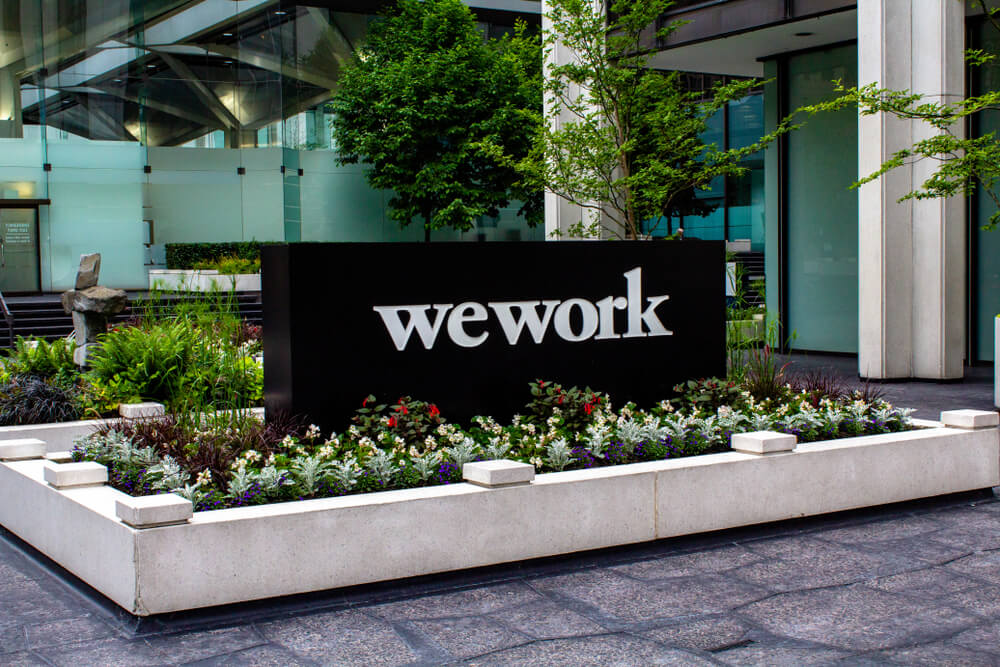A two-person special committee of The We Company — owners of embattled workspace provider WeWork — has filed a lawsuit over a canceled $3 billion tender offer by its largest shareholder.
SoftBank Group decided to pull its offer to buy the struggling outfit last week, citing various criminal and civil probes into the startup. The Japanese holding company also said WeWork’s failure to restructure a joint venture in China and the impacts of the coronavirus were other reasons for withdrawing.
The committee, which filed the suit in the Chancery Court of Delaware, said SoftBank breached its contractual obligations by abandoning its offer.
“The Special Committee regrets the fact that SoftBank continues to put its own interests ahead of those of WeWork’s minority stockholders,” the committee said in its filing, according to U.S. News & World Report.
One of Many Issues for WeWork
This is certainly not the first time WeWork has made headlines.
After failing to drum up any enthusiasm on Wall Street, the company pulled its initial public offering in September 2019.
Potential investors grew concerned over the company’s money-losing business model and the corporate governance practices of co-founder Adam Neumann, who stepped aside the week before as chief executive officer.
“We have decided to postpone our IPO to focus on our core business, the fundamentals of which remain strong,” the company’s new co-chief executive officers, Artie Minson and Sebastian Gunningham said in a statement at the time. “We have every intention to operate WeWork as a public company and look forward to revisiting the public equity markets in the future.”
Struggles with WeWork CEO
A month after he decided to step down as CEO, Neumann was offered $1.7 billion to leave the company as it braced for thousands of layoffs.
At that time, SoftBank offered Neumann the payout, prompting discussion of the holding company taking full control of WeWork.
Softbank offered to pay the former CEO up to $970 million for his shares of the company. He will also rake in a cushy $185 million consulting fee, and SoftBank is even throwing in $500 million in credit so he can pay back a loan owed to JPMorgan Chase & Co. (NYSE: JPM).
What Does the WeWork Suit Mean?
The tender offer from SoftBank would only benefit a few of the company’s shareholders — including Neumann.
The committee called the pull-out “wrongful” and claimed SoftBank violated the terms of the master transaction agreement (MTA).
“SoftBank’s failure to consummate the tender offer is a clear breach of its contractual obligations under the MTA as well as a breach of SoftBank’s fiduciary obligations to WeWork’s minority stockholders, including hundreds of current and former employees,” the special committee said.
In its suit, the committee asked for SoftBank to be compelled to complete the tender offer of pay alternative compensatory damages for “breaches of contract and fiduciary duty.”
SoftBank declined to comment on the suit.





